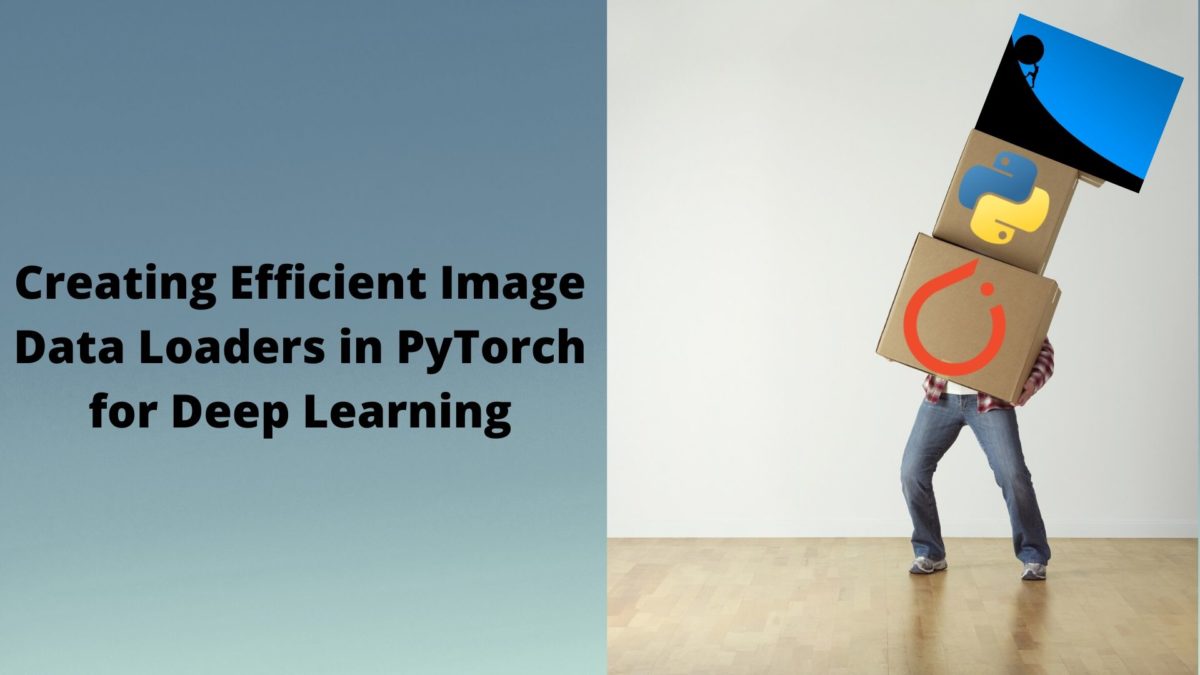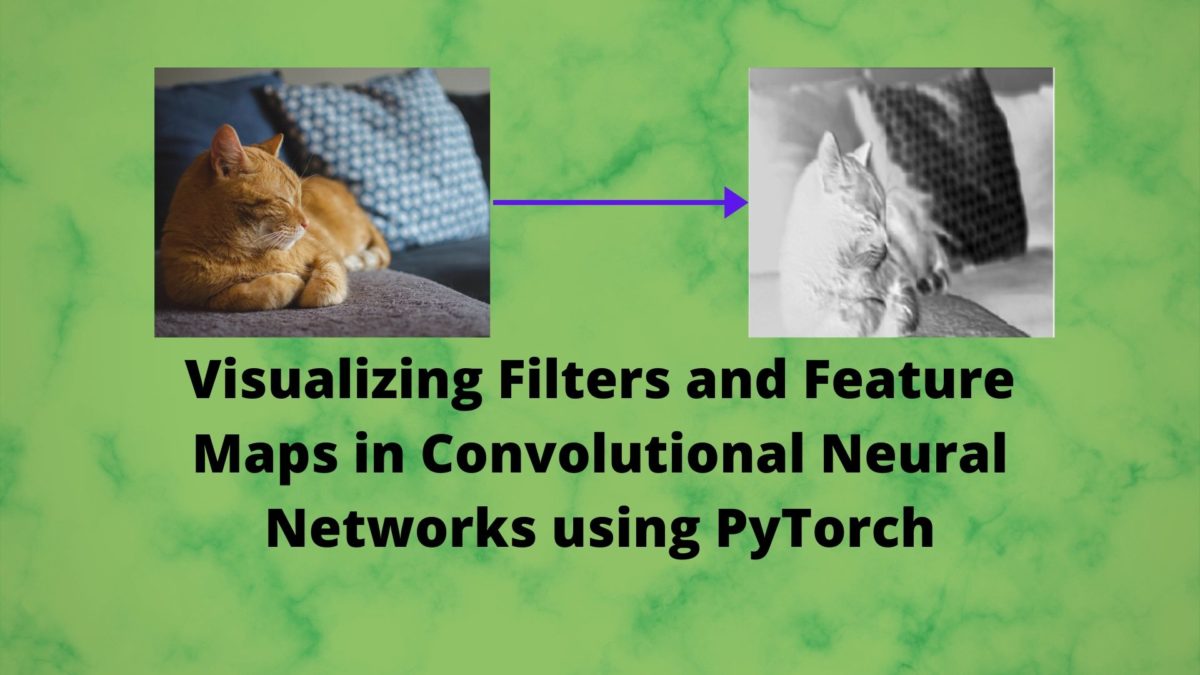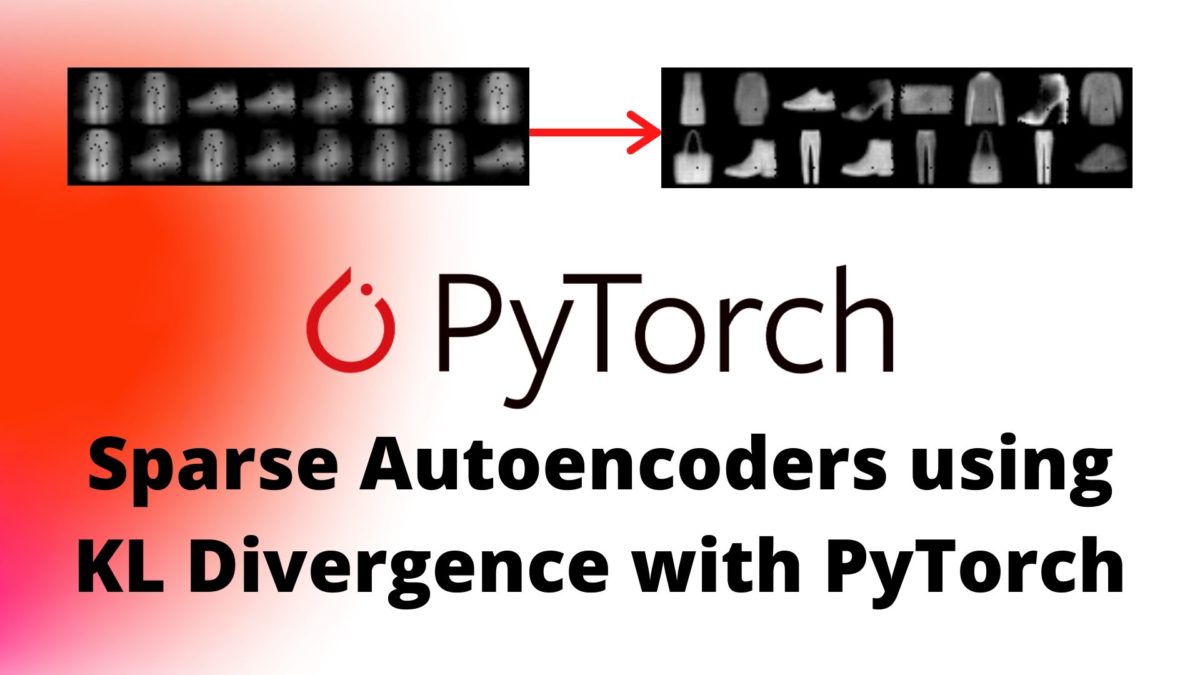In this tutorial, we will learn how to create efficient data loaders for image data in PyTorch and deep learning. Specifically, this tutorial will help you to handle large image datasets in deep learning. It will also teach you how to use PyTorch DataLoader efficiently for deep learning image recognition. Introduction and Overview Working with […] ...
Creating Efficient Image Data Loaders in PyTorch for Deep Learning






